Go back

The Wrong Ivan
Episode number: 1
Overview: As Dorn and Lessing investigate the death of a woman during a robbery, it becomes clear that all is not as it seems.
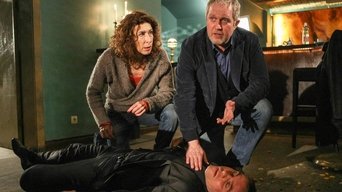
Vienna - Codename Kidon
Episode number: 2
Overview: A man falls from the top floor of a luxury hotel in Vienna. The Iranian diplomat and nuclear physicist Dr. Bansari apparently committed suicide. But why did he buy expensive opera tickets for the same evening? Moritz Eisner and his colleague Bibi Fellner want to investigate the matter, but the Iranian embassy and the Austrian Foreign Ministry immediately get involved. The case is subject to the strictest secrecy - the dead man's laptop and cell phone are confiscated. The two investigators are annoyed, but do not give up. The hotel's surveillance video leads them to the trail of the shady lobbyist Johannes Leopold Trachtenfels-Lissé. He has arranged a secret deal with Dr. Bansari. Eisner and Fellner find out that the case involves valves and pumps that are needed for nuclear reactors. A trainload of the high-quality components is to be sent to Iran via third countries. For the two investigators, a race against time begins - and against the Israeli secret service Mossad.
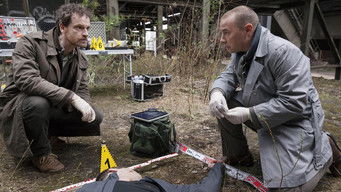
Dortmund - Hydra
Episode number: 3
Overview: The head of the Dortmund neo-Nazi scene is found murdered in a suspected act of vengeance.

Episode 4
Episode number: 4
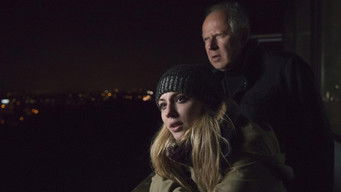
Borowski and the Crystal Sky
Episode number: 5
Overview: The severed head of a young man is found in Mundsforde, a small village near Kiel. Before his violent death, 20-year-old Mike was apparently addicted to the drug crystal meth. Inspectors Klaus Borowski and Sarah Brandt investigate the drug scene in Kiel. After a manhunt call, Rita, the girlfriend of the deceased, gets in touch. She tells the inspectors about her love for Mike, a story full of hope for a new life, intoxication and ecstasy. Although recently clean, Rita refuses to cooperate with the police. Rita reminds Borowski of his daughter Carla. He puts pressure on Rita and promises to protect her. In her distress, Rita accuses two dealers - and thereby puts herself in danger.
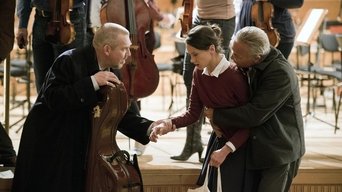
Episode 6
Episode number: 6
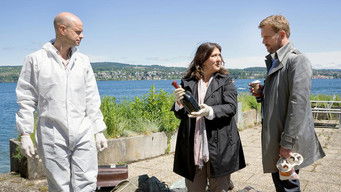
Episode 7
Episode number: 7

Episode 8
Episode number: 8
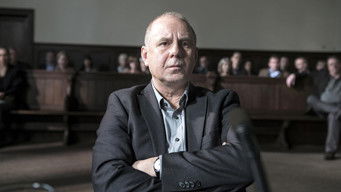
Episode 9
Episode number: 9

Vienna - Borderline
Episode number: 10
Overview: A young man's disappearance in 1968 leads Eisner and Fellner to a present-day mystery on the Czech border.
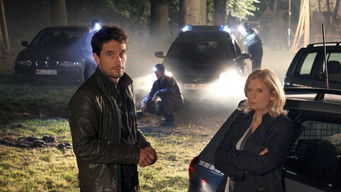
Bremen - The Return
Episode number: 11
Overview: A case involving a missing seven-year-old resurfaces ten years later.

Berlin - The Mule
Episode number: 12
Overview: An apartment bathroom is covered in blood with no body in sight.
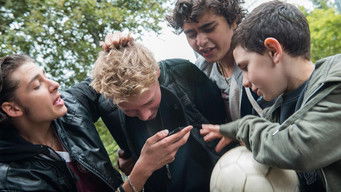
Borowski and the Children of Gaarden
Episode number: 13
Overview: The 60-year-old alcoholic Onno Steinhaus is found dead in a working-class district of Kiel. Steinhaus had a criminal record for pedophilia and, as Borowski and Brandt quickly find out, lived in complete isolation. Ironically, however, a group of children seemed to have gone in and out of the dead man. Apparently they exploited the dead man's desires, but - as they claim at least - never complied with his wishes. The police officer responsible for the district, Thorsten Rausch, seems to have capitulated in view of the social neglect in his area. Sarah Brandt's investigations bring to light a video that shows a boy - Timo Scholz - in a catchy situation with Onno Steinhaus. Timo denies having been abused. Borowski has to observe that Sarah Brandt is conspicuously often trying to get close to her police colleague Rausch.
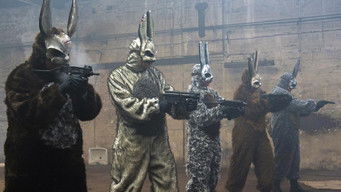
Episode 14
Episode number: 14

Episode 15
Episode number: 15
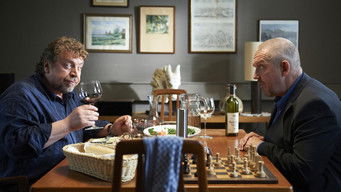
Episode 16
Episode number: 16

Episode 17
Episode number: 17
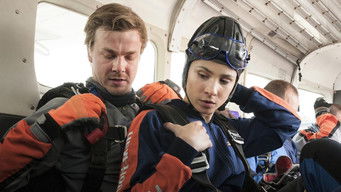
Dortmund - Weightless
Episode number: 18
Overview: The team gets involved in the investigation of a seriously injured man found in front of a Dortmund clinic.
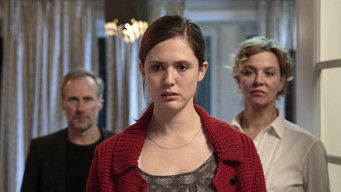
Episode 19
Episode number: 19
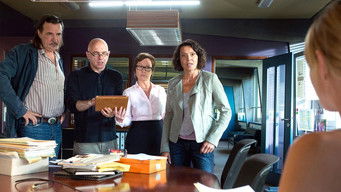
Episode 20
Episode number: 20

Episode 21
Episode number: 21
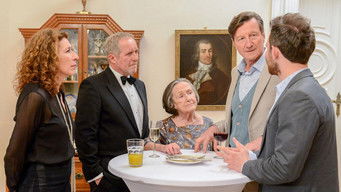
Vienna - Greed
Episode number: 22
Overview: A tragic accident occurs in a chemical factory. Roswita, the godchild of Ernst Rauter, Moritz Eisner and Bibi Fellner's superior, is a victim of the chemical accident.
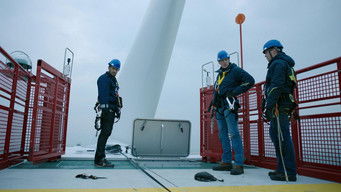
Episode 23
Episode number: 23
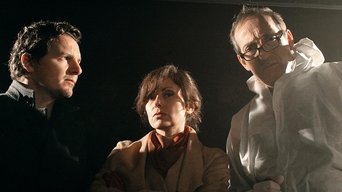
Episode 24
Episode number: 24

Episode 25
Episode number: 25
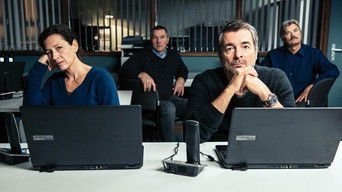
Episode 26
Episode number: 26
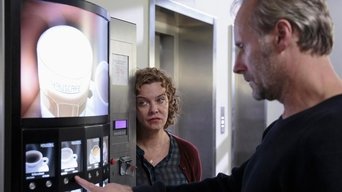
Episode 27
Episode number: 27

The Last Oktoberfest
Episode number: 28
Overview: Franz Leitmayr leaves town for Oktoberfest because he can't stand it, but is called back because his fingerprints are on a dead man's wallet. The victim appeared drunk but has almost no blood alcohol level. His GHB level is another story, and shutting down the beer tent where he obtained his tainted alcohol is a problem during Oktoberfest. And the victims continue to pile up.
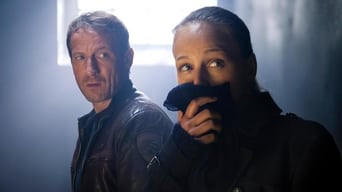
Episode 29
Episode number: 29
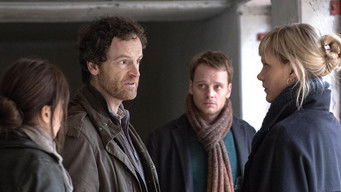
Dortmund - Collapse
Episode number: 30
Overview: The team investigates the tragic case of a six-year-old found dead at a playground.
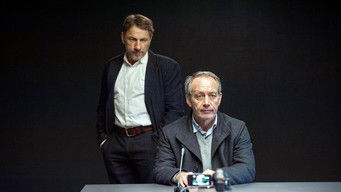
Episode 31
Episode number: 31
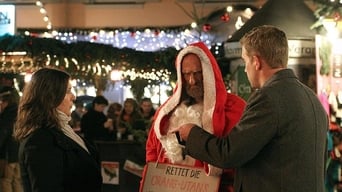
Episode 32
Episode number: 32
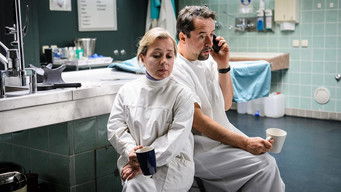
Episode 33
Episode number: 33

Berlin - Corrosive
Episode number: 34
Overview: Karow searches for the killer of his former partner.
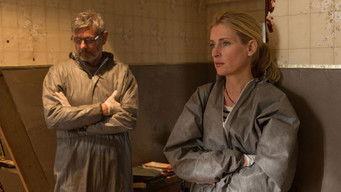
Lindholm - Killjoy
Episode number: 35
Overview: The murder of a military pilot's wife reveals an unwritten code of honor.
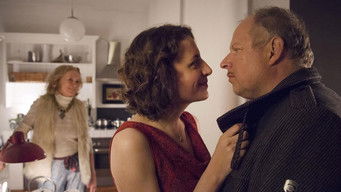
Borowski and the Return of the Silent Guest
Episode number: 36
Overview: A confused woman is found on the Kiel Fjord. Her statements give reason to fear that the notorious murderer of women, Kai Korthals, has reappeared. Inspector Brandt informs her colleague Borowski about the serial killer, with whom she once had traumatic experiences. Borowski finds the new case highly inconvenient. He's in love and wants to get married. But when his bride disappears without a trace, he has to ask himself whether the murderer has returned because of him.
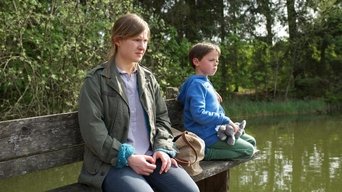
Episode 37
Episode number: 37
Overview: Two shots are fired in a family home in Munich. Batic and Leitmayr find Michaela Danzer dead and her partner Daniel Ruppert unconscious. Quirin, the dead man's six-year-old son, has disappeared along with the murder weapon. During the emergency operation, the doctor discovers a scar from an old gunshot wound on Daniel Ruppert's abdomen, leading Batic and Leitmayr to the trail of an attempted family suicide in Augsburg fifteen years ago. Back then, in an act of sheer desperation, Daniel Ruppert shot his wife and young son. He himself survived, as did his then seven-year-old daughter Ella, whom he couldn't bring himself to shoot. He dismissed her before turning the gun on himself. The fact that the perpetrator from back then is the victim of today is a major headache for Batic and Leitmayr, as is the search for Ella, who is now a young woman and whose trail is lost after numerous therapies. Who shot Ruppert and his new wife that night? And where is Quirin?
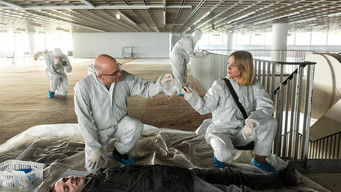
Episode 38
Episode number: 38
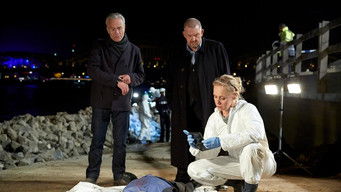
Episode 39
Episode number: 39

Episode 40
Episode number: 40
Overview: Felix Murot and Magda Wächter are called to the parking garage of a casino in Wiesbaden in the morning where a dead man was found in a stairwell. While securing evidence, Murot discovers another body in the trunk of a car. He finds out that one of the dead had just won a large amount of money, but the money has disappeared. Was it really all about money or is there more to the murders? Then it happens: Ulrich Tukur himself is suspected of murder. A film within a film. Tukur, who plays Tukur, quickly realizes that there are no loyalties in the film industry. But he also poses other questions related to the nature of cinematic illusion and his own role in the hilarious game of genre contradictions, a self-reflective game in which the main character spins around himself in interesting turns. What is it actually like when you play a commissioner, while you are actually Ulrich Tukur, although you are only playing him here? "Who am I?"